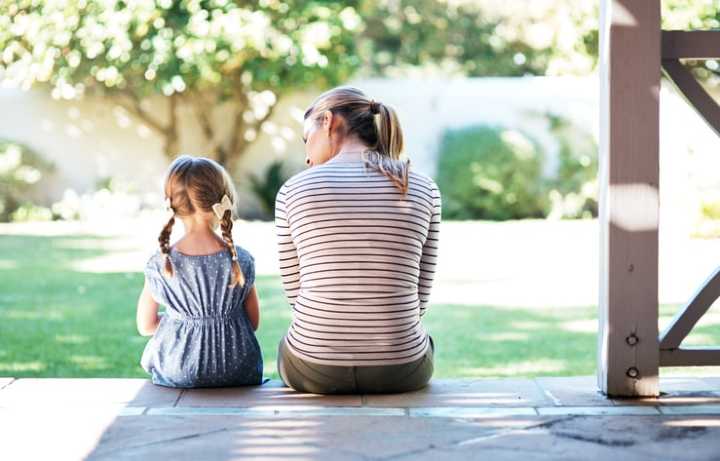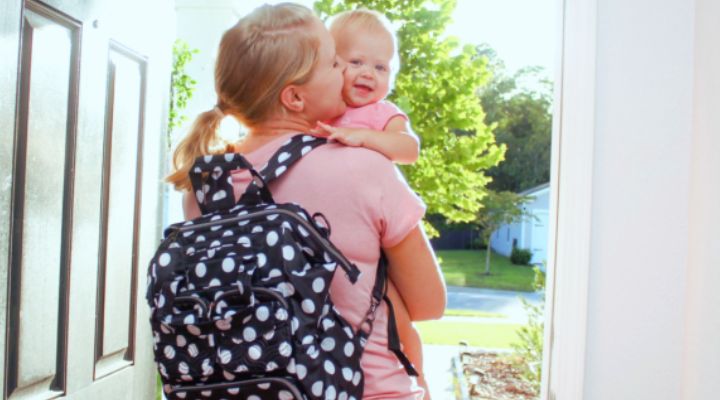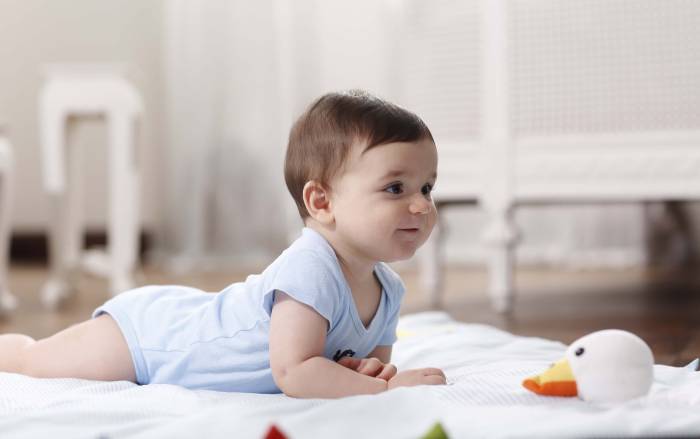10 mental health tips for children

The pandemic uniquely impacted children across the world. They experienced this unprecedented change at a formative period of their development years. Online classes added to the psychological stress for children and parents. While things seem to have taken a turn for the better, there is still looming uncertainty around what back to school and the new normal, making it more difficult for some children than others.
In the last two years, children had to stay indoors, which meant limited outdoors and extracurricular activities. This pattern may be hurting their learning capabilities and mental health immensely. The pandemic has also caused erratic routines, social isolation for children with anxiety and depression being no strangers to them. Parents now fear that pandemic related changes may have long-term implications on the mental health of their children.
Tackle the complex array of childhood and mental health problems with these practices:
1. Encourage expression of thoughts and feelings: Most often, parents do not pay enough attention to their child’s behaviour changes, which may be a reaction to the stress they are going through. Kids experience complex feelings just like adults. They get frustrated, excited, nervous, sad, jealous, scared, worried, angry and embarrassed. However, young kids usually do not have a fully developed vocabulary to talk about their feelings. Instead, they communicate their feelings in other ways. The first step to enable them would be to start validating their emotions. Have honest conversations with them, encouraging them to express what they are feeling and convey their thoughts. Learning to identify and positively express feelings helps kids develop the skills they need to manage them effectively.
2. Recognize and reduce toxic stress events: A happy childhood, healthy mental and physical development impeded by stressful or traumatic events can lead to adverse childhood experiences. Constant stressors can lead to problems with learning, behaviour, and health, all of which can last a lifetime. Developing a healthy relationship with children is important because when the stress response system is active, but the child is in a healthy environment in healthy relationships with adults, the physiological effects of stress are not as significant and will return to the child’s baseline. However, to prevent toxic stress in children and positively impact, eliminate or reduce the trauma experienced by children, since they rely on adults for survival. A key prevention strategy is the development of healthy adult-child relationships.
3. Model self-care and self-love: Self-love and self –care comes above all else and the onus is on parents to help children develop a positive outlook towards their personality. Children should understand that they are unique in their own way and embrace it in all entirety. Parents should mirror self-love by practicing it in their everyday life, enjoy the little things and ensure that children are encouraged to explore every stage of life with an open mind. Since peer pressure gets to the best of children at some point, parents should start early and inculcate habits that promote a positive outlook towards life.
4. Actively help cultivate interests and hobbies: In addition to academics, parents should encourage students to explore extra-curricular activities to promote holistic development. Children should be given the freedom to explore their areas of interest and pick activities that pique their creativity. While parents can suggest activities to their kids, they should encourage children to select activities that will help them develop their overall personality. Hobbies and extra-curricular activities help in cognitive, social as well as emotional well-being.
5. Teach coping skills like deep breathing and meditation: In today’s fast paced life, it is important for everyone to focus on mental health right from the get go. Children experience and react to stress in their own ways. Parents can help equip them with the necessary coping mechanisms by inculcating short sessions of yoga and meditation in their everyday routine. It can also be a great family activity where they can practice short breathing exercises along with parents. Recognizing the importance of mental health, many schools have made yoga and meditation mandatory in their course curriculum.
6. Ensure adequate sleep, exercise and healthy food: A balanced diet, healthy lifestyle and overall well-being plays an important role in the growing years. Having a carefully planned routine in place helps children manage time, which goes a long way in their later years. Parents should ensure children have a routine for the week, which gives them adequate rest and keep them occupied without overbearing them.
7. Allow them to play: As the saying goes ‘All work and no play makes Jack a dull boy’, play time is crucial for children to unwind and socialize with friends. Encouraging playtime outdoors are a great way for children to get some fresh air and break the monotony of routine. It helps them rejuvenate and discover their interests, while building a healthy social life.
8. Be fully present in mind & body when they speak to you: Parents should ensure they have a healthy work-life balance. Being fully present at home and ensuring quality time to children is one of the most important aspects of effective parenting.
9. Validate and reassure as needed: Although they do not mention it often, children thrive on reassurance. It gives them as sense of confidence that they are understood and not judged. Once parents give children the reassurance they seek, they grow up to be more self-confident and make informed decisions.
10. Reinforce and ensure their safety: Parents should create a safety net for their children and ensure they can fall back on parents at any time. This helps in building stronger a stringer bond between children and parents, while giving them a sense of security.







